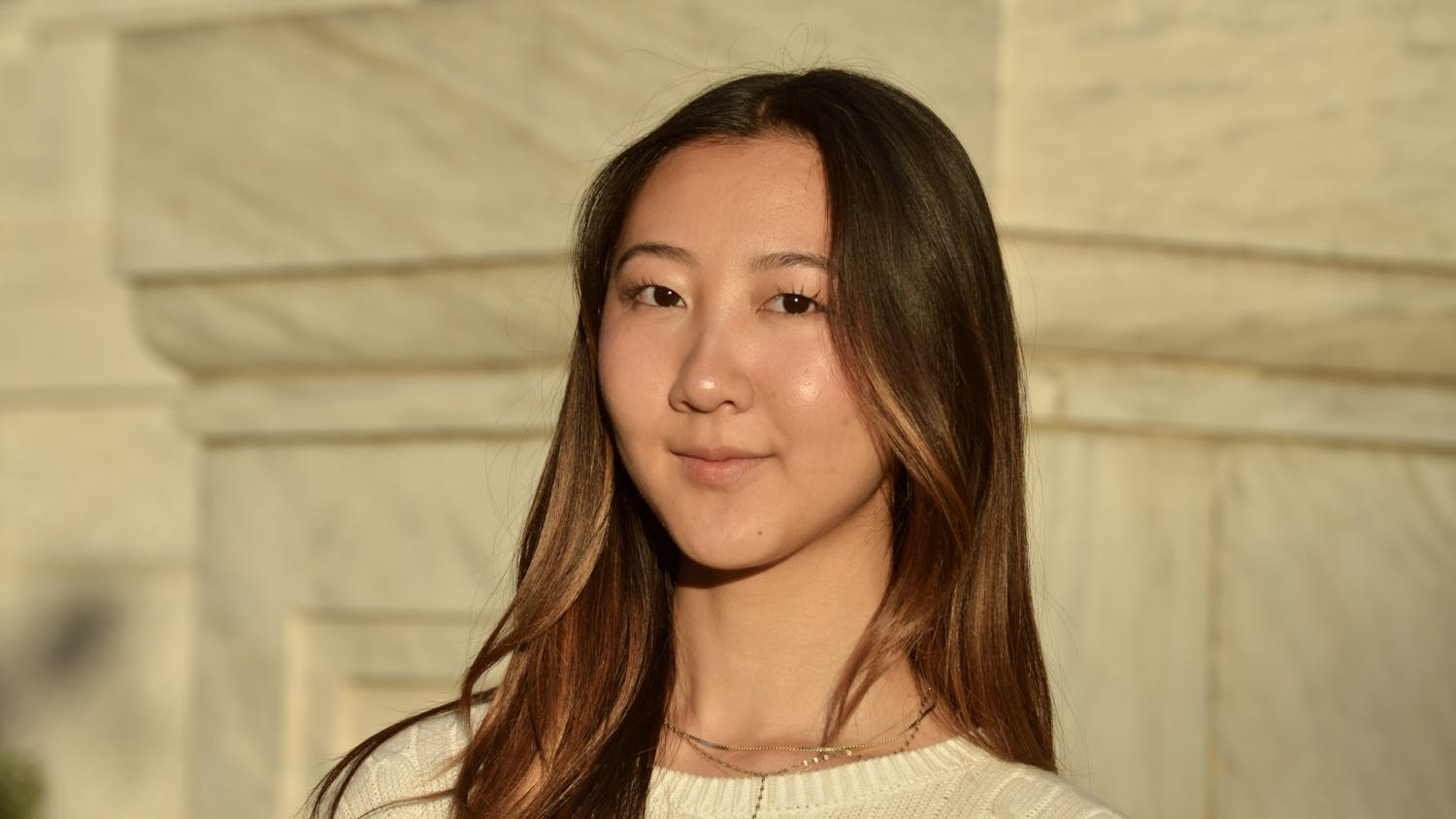In April, all D.C. taxi drivers will be required to charge their passengers by a time-and-distance meter instead of the confusing zone system currently in place.
The District, unlike every other major metropolitan area, requires taxis to charge passengers according to the number of zones crossed because in 1933, Congress, when it still ran the District like a fiefdom, prohibited taxis from charging by a meter system. It is ironic, then, to note that the current impetus behind changing to a meter system comes from a non-binding provision in a bill inserted by Sen. Carl Levin, a Democrat from Michigan who was tired of receiving complaints from his visiting constituents.
According to most estimates, the new system will increase fares for rides of longer distance but will effectively reduce fares for rides of shorter distance. The more straightforward meter system will also benefit tourists and university students like us, since we will no longer get that sinking feeling that we are getting ripped off when the driver tells us a price that we cannot independently verify. Long-term residents who were familiar with how to save money with the zone system will probably be paying higher rates. But if there will not be much of a change in the rates we will be paying, why is Mayor Fenty forcing the drivers to buy the meter machines, especially since the drivers are opposing the change with periodic strikes?
Fenty is doing the right thing here because he is listening to his constituents. After the proposal to switch to meters was first announced in October, Fenty opened a two-month public comment period. Over three-quarters of the more than 2,000 residents who commented said they supported the switch to meters.
Fenty also listened when residents commented upon the specifics of his proposal. Most of the respondents thought that the minimum charge of $4 was too high (and it is out of sync with the minimum in other metropolitan areas). In response, Fenty lowered the minimum fare to $3 in his final proposal. At first glance, this decreased rate may seem to harm taxi drivers, but a lower minimum will mean that residents will take taxis more frequently, so the income effect should be minimal.
I cannot say that the taxi drivers' efforts at stopping the switch have been as effective. I fully support their right to strike. However, their method of influencing the process is indirect. They hope to anger people who normally take taxis, who will then pressure the D.C. government to overturn the rule.
The underlying issue is that a meter change is the first step in a journey to a more heavily regulated taxi industry. Immigrants of various nationalities have long relied upon the taxi business because of the ease of entering the industry and the ability to set their own hours. In interviews with The Washington Post, drivers have expressed concern that D.C. will begin restricting the number of taxis allowed to operate. This could lead to cronyism within the industry, locking out newcomers who are often looking for a stepping-stone while they earn their degrees. Independent drivers also fear that changes in rules in the future could force them to join taxi companies, which would take a substantial part of their income.
For this reason, Fenty has to ensure that the D.C. Taxicab Commission does not make the switch to meters part of a larger shift toward more regulation. In an era where Wal-Marts and Targets are driving mom-and-pop shops out of business, it is important that government regulations do not threaten the survival of one of the few industries where sole proprietors predominate.
Travis McArthur is a senior in the School of International Service and a D.C. politics columnist for The Eagle.





